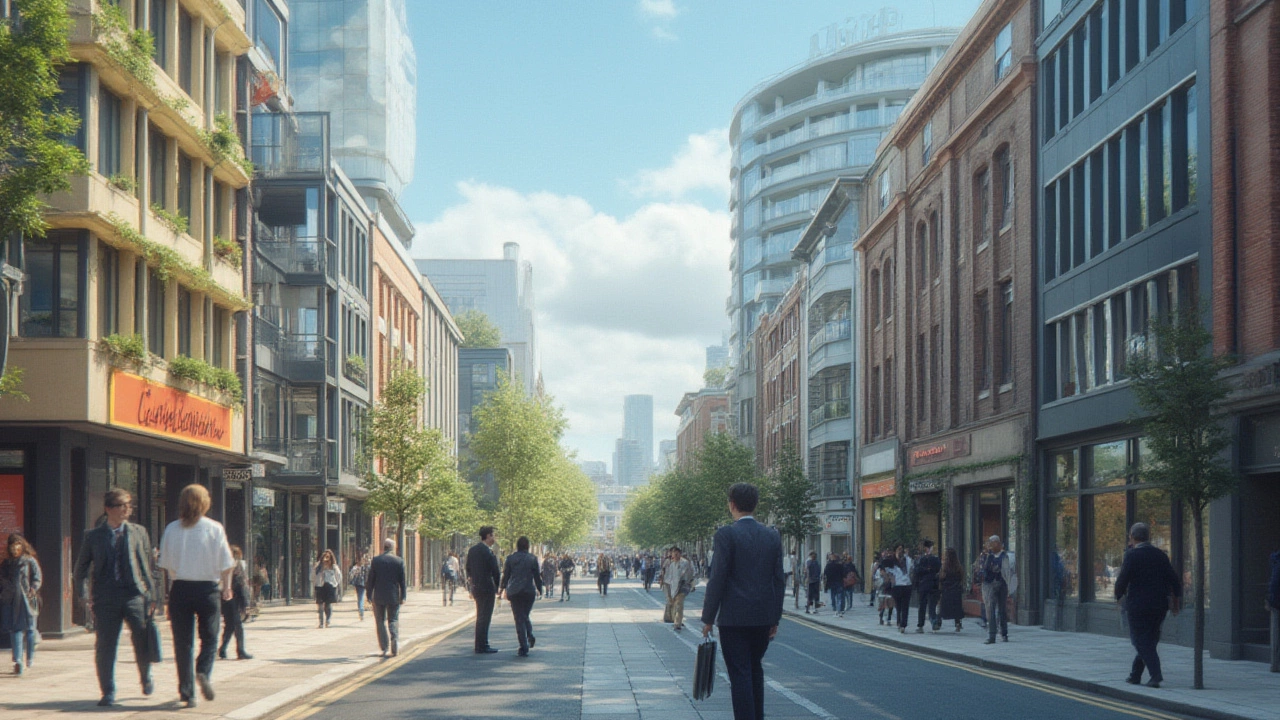Legal Definition of Commercial Construction: A Practical Guide
When you hear the word “commercial” in a building project, it’s easy to picture a shopping centre or office block. But legally, the term carries a very specific meaning that can affect planning permission, insurance, and contracts. Understanding this definition helps you avoid costly mistakes and keeps your project on the right side of the law.
Key Elements of the Legal Definition
In the UK, a commercial building is any structure designed primarily for business use rather than as a home. The definition looks at three main factors:
- Purpose: The building must serve a trade, professional service, or public activity – think retail, hospitality, offices, or warehouses.
- Occupancy: It is intended for non‑residential occupants. Even a mixed‑use development counts as commercial for the parts that host businesses.
- Regulation: Commercial projects fall under different building regulations (e.g., Part B – fire safety, Part M – access) and often stricter fire and accessibility standards than residential builds.
These points matter because they dictate which rules you must follow. For example, a loft conversion that includes a home office still counts as residential, whereas turning a garage into a small shop triggers commercial regulations.
How It Affects Your Project
Knowing whether your build is commercial changes three practical areas:
- Planning Permission: Many local councils allow small home extensions under Permitted Development, but commercial changes usually need a full planning application. Skipping this step can lead to enforcement notices and demolition orders.
- Insurance Coverage: Standard home insurance often excludes commercial activities. If you run a pop‑up shop from a converted shed, you’ll need a policy that specifically covers commercial use, or you risk a denied claim.
- Contracts and Liability: Commercial contracts tend to include stricter warranties and liability clauses. Builders may require higher professional indemnity insurance, and you may face different health and safety obligations under the CDM Regulations.
In short, treating a project as residential when it’s legally commercial can leave you exposed to hefty fines, insurance gaps, and legal disputes.
Here’s a quick checklist to confirm your project’s status:
- Is the primary use for selling goods, providing services, or storing inventory?
- Will non‑residents regularly occupy the space?
- Do local planning documents list your intended use under "commercial" categories?
If you answered yes to any of these, you’re likely dealing with a commercial definition.
Finally, remember that the line can blur in mixed‑use developments. In those cases, each part of the building is assessed separately. A ground‑floor café with apartments above will have both commercial and residential sections, each needing its own set of approvals and insurance.
Bottom line: treat the legal definition as your first step, not an afterthought. It sets the framework for every decision that follows, from design to financing. Get it right early, and you’ll save time, money, and headaches down the road.

